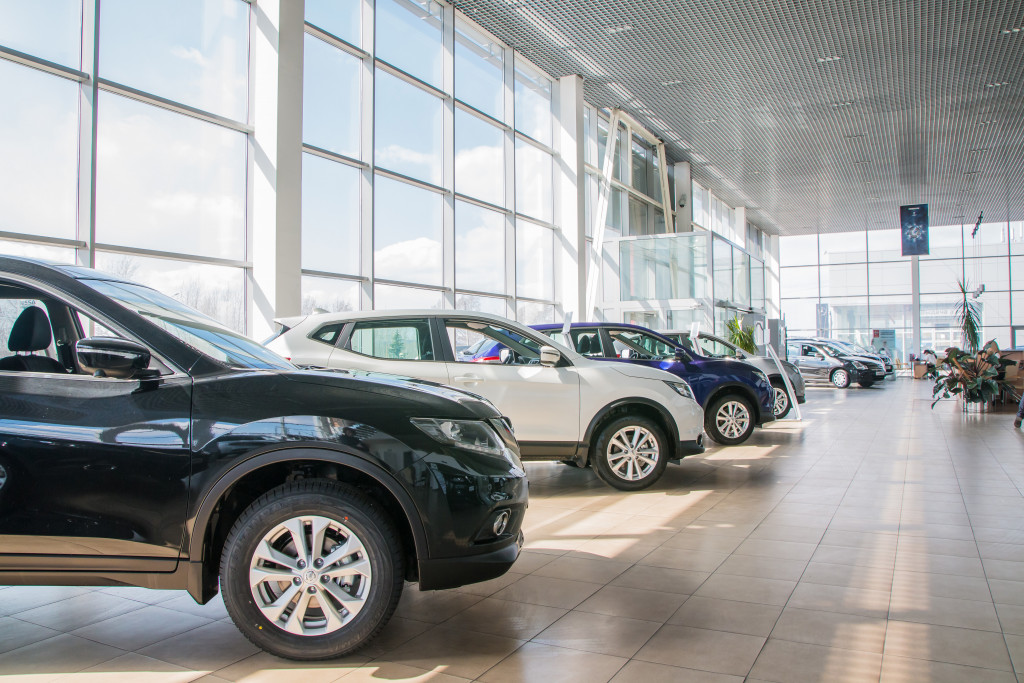For many generations, the question of buying a car was a matter of when, not if. Yet in modern times, rising costs of living around the world – and the rapid spread of information – have given younger generations occasion to pause and think before deciding whether or not it makes sense to buy a car. If you’re a prospective first-time car owner, here are three main points to ponder before making the commitment.
Add-on costs
When a business makes an investment in specialized equipment, such as hydraulic machinery for a Salt Lake City landscaping project, the management team knows that they must be prepared for additional costs. They would want to entrust heavy equipment repair to experienced technicians who can go out in the field, for example; in the long run, this ensures minimal downtime and maximum value from the machine.
In the same way, buying a car should be treated like a major investment. You have to be prepared for additional costs. The dealer may charge fees for processing and documentation, while each state imposes an additional sales tax, and requires car owners to pay registration and title fees before they can drive their new vehicles. In the long run, recurring costs also have to be considered; these include gas, routine maintenance, vehicle insurance, occasional repairs, and the interest on financing. It may seem like a lot, but you’ll want to take every precaution with this significant investment.
Personal readiness
A driver’s license serves as proof that you have the requisite skill level to drive a car. Yet it’s not a certificate of safe and responsible driving practices – if it were, every state would no doubt report much lower rates of car collisions and other vehicle-related accidents. Every time you go out on the road, you are potentially at risk of being involved in a driving accident, and this risk extends to your passengers, fellow motorists, and pedestrians.
New and experienced drivers alike can be prone to lapses in concentration, especially with today’s increasingly busy lifestyles and bustling roads. Mobile phones and tablets can also be dangerous distractions. Personal readiness means that you have to go above and beyond the basic skill of driving, and make a continued commitment to responsible and safe driving whenever you get behind the wheel.
Reasons for purchase

Apart from ensuring that you are prepared to be a responsible car owner on a financial and personal level, it’s worth going over the motivations underlying your purchase. Sometimes, people have made it their goal to buy a car as a status symbol, or a declaration of financial independence. The more practical or productivity-minded will have considered driving as a solution to the hassle and time wasted during a daily commute.
Reasons for purchasing a car can be very personal. It might have been your childhood dream or a vision for your family’s comfort and convenience. Only you can decide if buying a car is the right call, and only after cross-examining your motivations and how they align with your values and possibly changing scenarios in the real world, such as volatile gas prices, local traffic congestion, or a call towards reducing fuel emissions to save the environment.
Your first car purchase can be a significant milestone, but it may not even be one that’s necessary. Give this decision the careful consideration it deserves by mulling over these points, and make the best choice.






